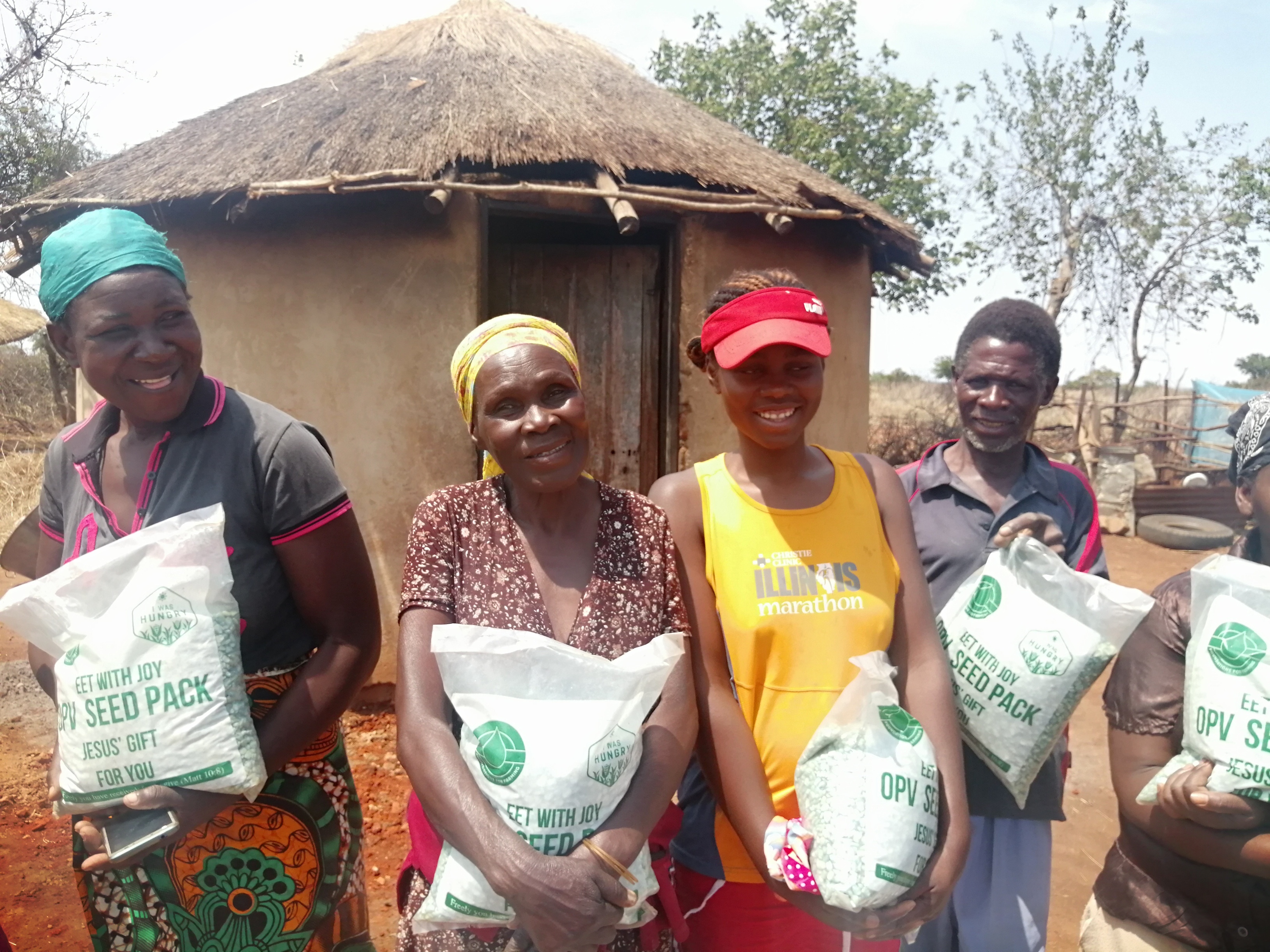SUPPORTING EDUCATION
The educational crisis in Zimbabwe is growing increasingly serious, with many children dropping out of school, especially in the rural areas, as their parents cannot afford the fees.
The Mike Campbell Foundation is currently providing support to a small school on the outskirts of Chegutu. The enrolment is 180 children who would otherwise not be in school, with many from severely deprived homes. It’s encouraging to see how excited they are to have the opportunity to learn to read, write and gain a basic education.
500,000 children out of school:
Approximately half a million children in Zimbabwe are not attending school, highlighting a critical gap in education access.
60% enrolment in pre-primary education:
Only 60% of children aged 3 to 5 are enrolled in pre-primary education, limiting early learning opportunities.
High adolescent drop-out rate:
Half of Zimbabwean adolescents aged 13 to 19 are out of school, severely affecting their future prospects.
Barriers to education:
Various factors, including economic hardship and lack of infrastructure, continue to prevent children from accessing quality education.
![Children at Tegatega Christian Primary CF Mar 25 [1].jpg](https://static.wixstatic.com/media/02876c_e4c06ff2e3a34238922ef47f1e79288f~mv2.jpg/v1/fill/w_120,h_90,al_c,q_80,usm_0.66_1.00_0.01,enc_avif,quality_auto/02876c_e4c06ff2e3a34238922ef47f1e79288f~mv2.jpg)
SUPPORTING FARM WORKERS

Our Conservation Agriculture training programme to empower destitute farm workers focuses on the Chegutu district in Zimbabwe’s Mashonaland West province. When required, we also provide training to church and other community leaders, as well as single-parent households and child-headed families.
The training:
-
Monthly 5-day live-in Conservation Agriculture training courses pioneered by our colleagues at Foundations for Farming, who provide us with expert trainers.
-
Trainees are taught how to feed a family for a year on just one sixteenth of a hectare.
-
Our national co-ordinator provides follow-up training and ongoing monitoring.
-
View the course content
GROWING SEEDS OF HOPE
OUR ACHIEVEMENTS
Free open-pollinated seed packs distributed to needy rural families in Zimbabwe
2017
4,500 free seed starter packs
2018
8,000 free seed starter packs
2019
7,500 free seed starter packs (despite drought conditions)
2020
8,000 free seed starter packs
2021
12,000 free seed starter packs
2022
12,500 free seed starter packs
2023
13,360 free seed starter packs
2024
19,056 free seed starter packs
2025
20,706 free seed starter packs

Our open-pollinated (OPV) maize (corn) seed project was initiated in 2015 at a time when destitute farm workers and growing numbers of other rural people across Zimbabwe were struggling to survive in the increasingly harsh economic climate.Since few rural people can afford to buy expensive hybrid seed sold by the commercial seed companies, this means that subsistence farmers are unable to grow crops to feed their families. Many have therefore resorted to chopping down trees to sell for firewood, decimating indigenous woodlands and causing significant ecological damage. Others have become gold panners whose activities have wrecked river systems, resulting in large-scale siltation of both rivers and dams.
Our latest crop will bring fresh hope. The main benefit of OPV seed is that it can be replanted year after year. In comparison, hybrid seed cannot be replanted in successive years without major reductions in yields.Project background: To read an inspiring article explaining how, with just two Amish corn (maize) cobs from brought back from America, our executive director, Ben Freeth, upended an aid model in Zimbabwe, view below.